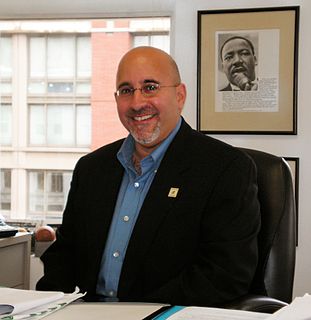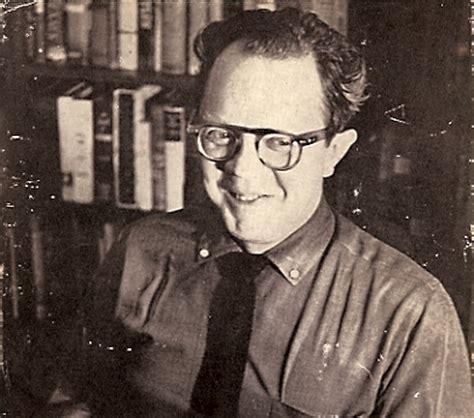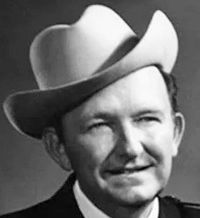A Quote by A. R. Ammons
Once every five hundred years or so, a summary statement about poetry comes along that we can't imagine ourselves living without
Related Quotes
Some people demand a five-line capsule summary. Something you'd read in a magazine. They want you to say, 'This is the story of the duality of man and the duplicity of governments.' I hear people try to do it -- give the five-line summary -- but if a film has any substance or subtlety, whatever you say is never complete, it's usually wrong, and it's necessarily simplistic: truth is too multifaceted to be contained in a five-line summary. If the work is good, what you say about it is usually irrelevant.
Not only are we going to shift in our own lives - away from always trying to identify ourselves on the basis of what we have, what we do, and who we are better than, and so on - but shift into more reaching out, more service, more kindness, more living the virtues that Lao Tzu spoke about twenty-five hundred years ago.
All lives are composed of two basic elements," the squirrel said, "purpose and poetry. By being ourselves, squirrel and raven, we fulfill the first requirement, you in flight and I in my tree. But there is poetry in the meanest of lives, and if we leave it unsought we leave ourselves unrealized. A life without food, without shelter, without love, a life lived in the rain—this is nothing beside a life without poetry.
In the 16th century, [Niccolò] Machiavelli - in an attempt to get back in the good graces of the powerful - wrote a slim volume called The Prince. In that book he showed the powers that be how to control the people. That book is a statement: separate and rule, divide and conquer. That's five hundred years ago and it still works, because we allow ourselves to be lead around with holes through our noses.
Raphael painted, Luther preached, Corneille wrote, and Milton sang; and through it all, for four hundred years, the dark captives wound to the sea amid the bleaching bones of the dead: for four hundred years the sharks followed the scurrying ships; for four hundred years America was strewn with the living and dying millions of a transplanted race; for four hundred years Ethiopia stretched forth her hands unto God.
A poem is a place where the conditions of beyondness and withinness are made palpable, where to imagine is to feel what it is to be. It allows us to have the life we are denied because we are too busy living. Even more paradoxically, poetry permits us to live in ourselves as if we were just out of reach of ourselves.
Marriage is also a social statement, preeminently describing and defining a person's relationship and place in society. Marital status, along with what we do for a living, is often one of the first pieces of information we give to others about ourselves. It's so important, in fact, that most married people wear a symbol of their marriage on their hand.
Nowadays a businessman can go from his office straight to the airport, get into his airplane and fly six hundred or seven hundred miles without taking off his hat. He probably will not even mention this flight, which a bare twenty-five years ago would have meant wearing leather jacket and helmet and goggles and risking his neck every minute of the way.
A Hundred Years From Now Well a hundred years from now I won't be crying A hundred years from now I won't be blue And my heart would have forgotton she broke ever vow I won't care a hundred years from now Oh, it seem like yesterday you told me You couldn't live without my love somehow Now that you're with another it breaks my heart somehow I won't care a hundred years from now * Refrain Now do you recall the night sweetheart you promised Another's kiss you never would allow That's all in the past dear it didn't seem to last I won't care a hundred years from now * Refrain





































